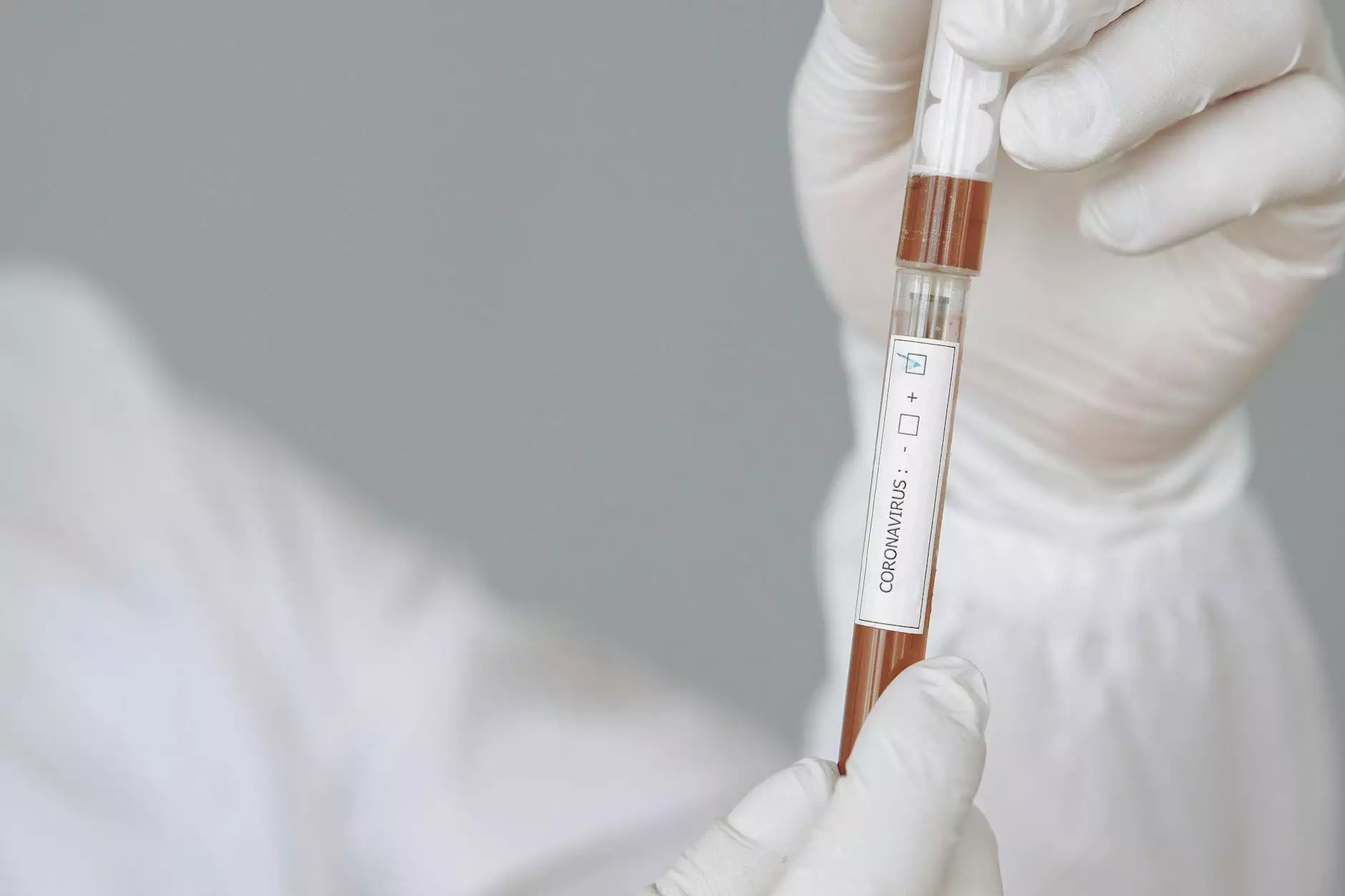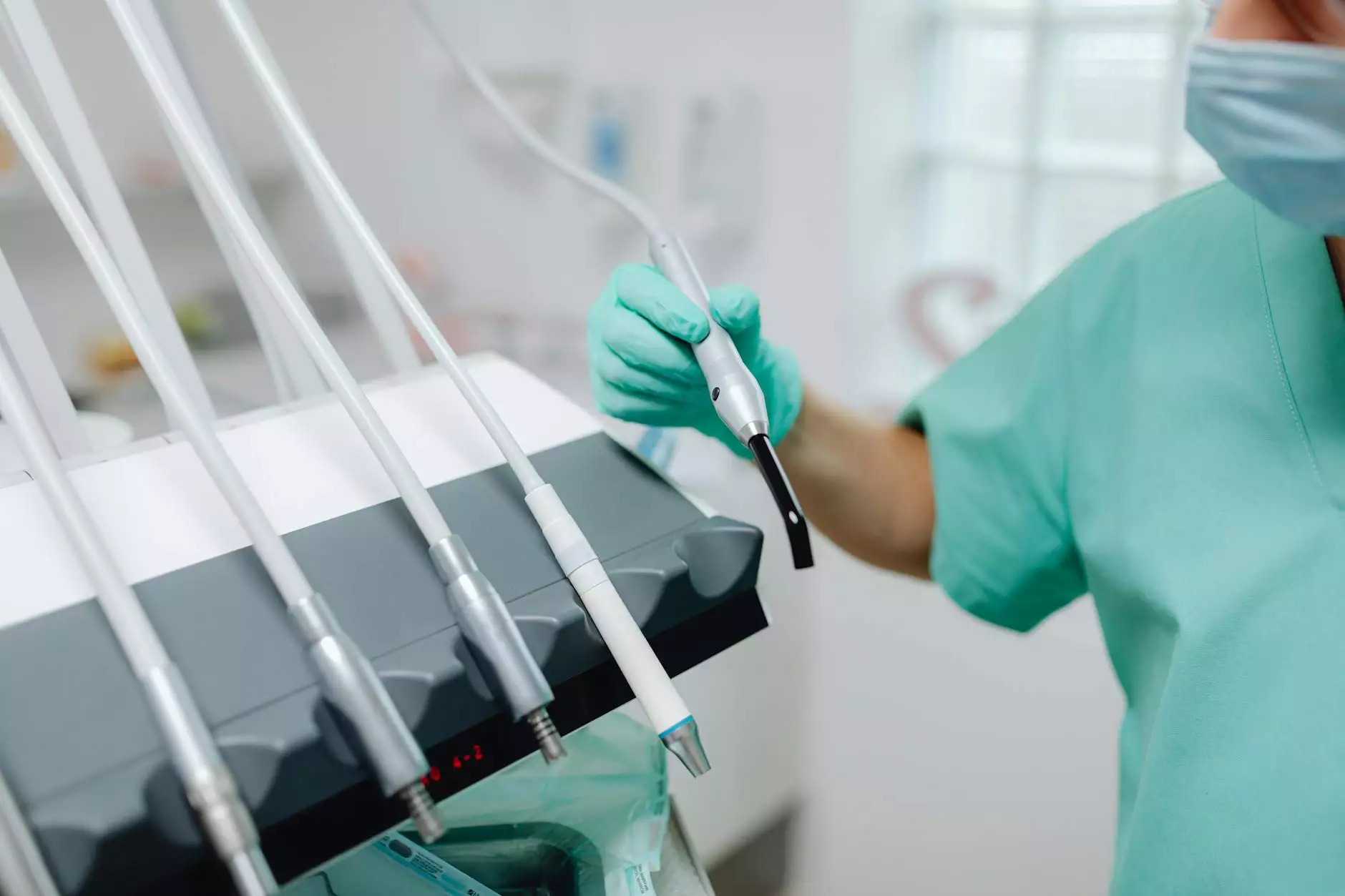The Innovative Future of Health: Exploring Bioincubators

Understanding Bioincubators
The term bioincubator refers to specialized facilities designed to support the growth and development of life sciences startups. These incubators provide not only a physical workspace but also crucial resources, mentorship, and networking opportunities for emerging companies in the health and medical sectors. In an era where innovation is imperative for progress, bioincubators embody the synergy between science and entrepreneurship, allowing transformative healing concepts to thrive.
Importance of Bioincubators in the Health Industry
The health industry is undergoing significant changes, influenced by advancements in technologies, shifting patient needs, and emerging alternative medicine practices. Bioincubators are at the forefront of this evolution, providing an ecosystem that fosters:
- Research and Development: Startups housed in bioincubators can access labs and state-of-the-art equipment necessary for research.
- Mentorship Programs: These facilities often provide access to industry experts who can guide startups through common pitfalls.
- Funding Opportunities: Bioincubators help startups connect with investors, increasing their chances of securing capital.
- Networking Events: Community events foster collaboration and partnerships among startups, researchers, and healthcare providers.
The Impact of Bioincubators on Alternative Medicine
Alternative medicine has gained substantial traction over the last few years, as more individuals seek holistic and integrative approaches to health care. Bioincubators play a crucial role in this shift by supporting startups focused on:
- Natural Products: Developing supplements, herbal remedies, and other natural therapies.
- Holistic Therapies: Exploring modalities such as acupuncture, yoga, and meditation.
- Technology Integration: Utilizing apps and devices that promote wellness through alternative methods.
By providing the necessary infrastructure and support, bioincubators promote the research and commercialization of these innovative approaches to health.
Success Stories Emanating from Bioincubators
Several remarkable success stories have emerged from bioincubators, showcasing how these environments can transform innovative ideas into successful business ventures. Here are a few notable examples:
- Company A: A startup that developed a groundbreaking device for non-invasive pain management, successfully transitioned from a bioincubator into a market-leading enterprise.
- Company B: Focused on natural skincare solutions, this startup received funding through its bioincubator, enabling it to launch its product line successfully.
- Company C: Leveraging bioincubator resources, this company created an online platform connecting patients with certified alternative medicine practitioners, ultimately enhancing access to wellness treatments.
These examples illustrate the potent impact of bioincubators in transforming health-oriented ideas into reality, influencing both the market and consumer behavior.
Challenges Faced by Startups in Bioincubators
While bioincubators provide substantial support, startups may still encounter several challenges:
- Funding Competition: Startups often compete for limited investment resources.
- Real-World Application: Bridging the gap between research and practical application can be difficult.
- Regulatory Hurdles: Navigating the complex regulatory landscape in health and medical fields poses a significant challenge considering product safety and efficacy.
Proactive mentorship and a robust community within bioincubators can help mitigate these challenges, paving the way for successful outcomes.
The Future of Bioincubators in Global Health
As we look ahead, the role of bioincubators is likely to expand, reflecting larger trends in global health and innovation:
- Increased Investment: As awareness grows about the potential of bioincubators, more investors are likely to contribute, influencing startup growth.
- Global Collaboration: Partnerships could emerge between bioincubators across borders, sharing best practices and collaboration opportunities.
- Enhanced Technology Integration: Bioincubators may begin to utilize artificial intelligence and data analytics to drive decision-making and product development.
As the global health landscape evolves, bioincubators are poised to become crucial players in the creation and dissemination of innovative health solutions.
Conclusion: Embracing Bioincubators for a Healthier Tomorrow
Bioincubators represent a unique intersection of innovation and health, providing an essential platform for startups eager to make a significant impact in the medical field. By fostering creativity and empowering entrepreneurs, they are significantly altering how we approach health and wellness. As we embrace this evolution, it is essential to recognize that spaces like the bioincubator are not just facilities; they are the nurturing grounds for the next wave of health and medical breakthroughs.
For more information on bioincubators and their impact on the health and medical industry, visit bioinc.org.









